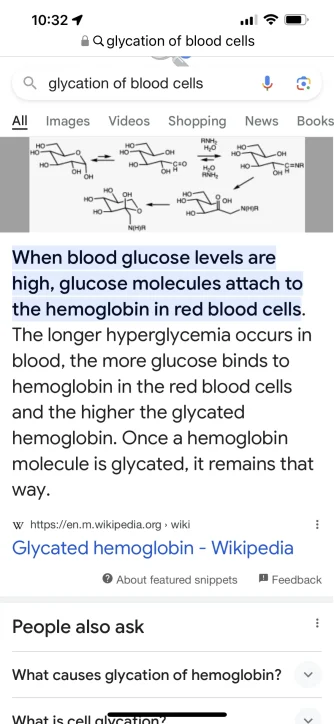I would caution anyone against trying to lower their hematocrit, just for labwork. You really want to know what your day to day hematocrit is. If you chug 2 gallons of water everyday, that's fine, but don't change things for the labwork. Being at 52 for a few hours when in reality your at 55 everyday isn't a good thing. Higher hematocrit means higher blood viscosity which means higher risk of adverse events. How high is too high is subject for debate because that's a question of how much risk is too much risk? It's a judgement call. But make your judgement call based on your everyday number, not a manipulated one.
In BigTex's case, his physician is recommending a blood donation because he feels that a hematocrit of 51.9 is too much risk, knowing his history and potential to have very
high hematocrit numbers if he changes his behaviour.












